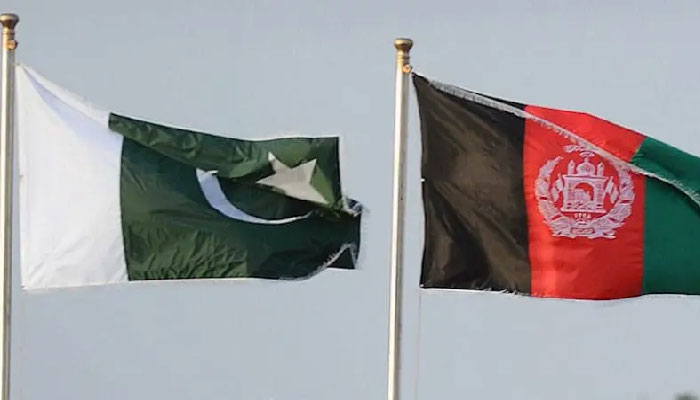Pakistan’s Afghan Repatriation Dilemma
Khizer Ahmed Khan
Political Analyst
In recent weeks, Interior Minister Mohsin Naqvi’s announcement about the mandatory repatriation of undocumented Afghan nationals has reignited a decades-long debate about the delicate balance between humanitarianism and national interest in Pakistan. By the end of December 2024, Afghan citizens without a No Objection Certificate (NOC) will be required to leave the Islamabad Capital Territory, and from January 2025, entry will be barred for those lacking the necessary documentation.
This policy comes against the backdrop of a long and complex relationship between Pakistan and Afghan refugees, one that has been shaped by history, geopolitics, and the interwoven realities of economics, security, and social transformation. The presence of Afghan nationals in Pakistan has its origins in the late 1970s when millions fled Afghanistan during the Soviet invasion.
Pakistan, with its shared borders and ethnic ties, became their primary refuge. Over the years, these refugees integrated into the country’s informal economy, filling essential gaps in labor-intensive sectors like construction and trade. Yet, their undocumented status has also fueled challenges. As inflation and unemployment soar, competition between locals and Afghan refugees for limited jobs has bred resentment. Public services, already strained by the needs of a burgeoning local population, are stretched even thinner by the demands of millions of additional users.
The government, burdened by economic pressures, has found itself at a crossroads where addressing these challenges has become imperative. The issue, however, goes beyond economics. The porous Durand Line, a contentious border that Afghanistan has historically refused to recognize, complicates the management of cross-border movements. This boundary, which has remained open for decades, allows not only for the movement of refugees but also for smuggling and, more alarmingly, the infiltration of militant groups.
These vulnerabilities have heightened security concerns, as some extremist factions exploit refugee settlements for recruitment or concealment. While the majority of Afghan nationals in Pakistan live peacefully, the shadow of suspicion has deepened, making their continued presence a contentious matter in national security discourse. Amid these economic and security challenges lies the intricate web of social dynamics. Decades of coexistence have resulted in cultural blending, with many Afghan refugees forming familial ties through marriage to Pakistani nationals.
These intermarriages have created families with deep roots in both countries, blurring the lines of nationality and complicating repatriation efforts. For such families, the prospect of separation due to enforcement of repatriation policies is not just a bureaucratic inconvenience but a deeply personal trauma. In urban areas, the establishment of refugee settlements has further fueled tensions with local communities, often perceived as hubs of illegal activity and drivers of infrastructural decay.
Minister Naqvi’s directive, while necessary from the government’s perspective, underscores the profound sensitivities surrounding this issue. Pakistan’s role as a host to millions of Afghans has been both a testament to its resilience and a reflection of its geopolitical vulnerabilities. The repatriation plan seeks to address the mounting pressures on the nation’s resources, security, and social fabric, but it must also contend with the humanitarian obligations and shared history that tie these two nations together.
Read More: South Africa announces squad for ODI series against Pakistan
For Pakistan, this is not merely a matter of policy enforcement; it is a reflection of its identity as a nation navigating the intersection of compassion and pragmatism. As the deadline for repatriation approaches, the future of Afghan refugees in Pakistan hangs in the balance, a poignant reminder of the complex interplay between human lives and national imperatives.





Comments are closed, but trackbacks and pingbacks are open.